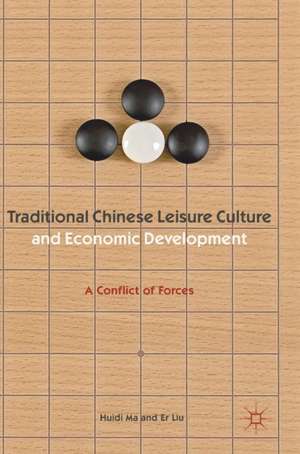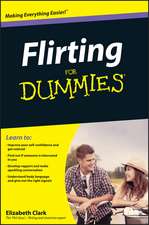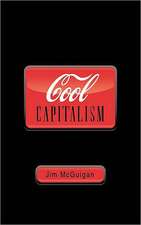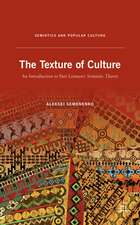Traditional Chinese Leisure Culture and Economic Development: A Conflict of Forces
Autor Huidi Ma, Er Liuen Limba Engleză Hardback – 6 apr 2017
Preț: 642.68 lei
Preț vechi: 756.09 lei
-15% Nou
Puncte Express: 964
Preț estimativ în valută:
122.98€ • 128.72$ • 102.36£
122.98€ • 128.72$ • 102.36£
Carte tipărită la comandă
Livrare economică 31 martie-14 aprilie
Preluare comenzi: 021 569.72.76
Specificații
ISBN-13: 9781137596604
ISBN-10: 1137596600
Pagini: 255
Ilustrații: IX, 264 p.
Dimensiuni: 148 x 210 x 18 mm
Greutate: 0.48 kg
Ediția:1st ed. 2017
Editura: Palgrave Macmillan US
Colecția Palgrave Macmillan
Locul publicării:New York, United States
ISBN-10: 1137596600
Pagini: 255
Ilustrații: IX, 264 p.
Dimensiuni: 148 x 210 x 18 mm
Greutate: 0.48 kg
Ediția:1st ed. 2017
Editura: Palgrave Macmillan US
Colecția Palgrave Macmillan
Locul publicării:New York, United States
Cuprins
Introduction.- Leisure and Traditional Chinese Society.- Leisure in the Modern Cultural Movements of China.- The Rise of China’s Economy and Trends in Leisure Development.- Aspects of Leisure Life in Contemporary China.- Forces in Conflict.- Conclusion and Further Thinking.
Recenzii
Notă biografică
Ma Huidi is a Distinguished Researcher of Institute of Chinese Culture and was an Editorial Director and Senior Editor for Studies in Dialectics of Nature before 2006. She is a founder the Center of China Leisure Studies and elected fellow of American leisure Academy (2006) and World Leisure Academy (2010), as well as also a Board member of the research committee of international leisure sociology.
Liu Er holds a PhD in classical Chinese literature from Harbin Teachers’ University in China. He is currently a Professor of Chinese language and literature at Harbin Institute of Technology, Weihai, China.
Liu Er holds a PhD in classical Chinese literature from Harbin Teachers’ University in China. He is currently a Professor of Chinese language and literature at Harbin Institute of Technology, Weihai, China.
Textul de pe ultima copertă
This book explores the history of leisure in Chinese culture by tracing the development of Chinese philosophy and leisure values in Chinese tradition and civilization. It addresses the tremendous changes in Chinese society brought about by the country’s rapid economic development and the impact on Chinese culture and leisure. It considers the social, political and economic challenges facing China, from corruption to sharpening inequalities, from ecological crisis to the need for a revival of Chinese culture and for political democratization. It suggests that leisure can exert an invisible and formative influence on people’s lifestyle and value system and considers ongoing trends in the development of leisure activities as they relate to modern Chinese society and social reform.
Caracteristici
Examines the history of leisure in Chinese society. Considers the issue of leisure in Chinese society against the backdrop of the rapid rise of China’s economy. Argues that leisure can be formative and relevant to reform in China.










